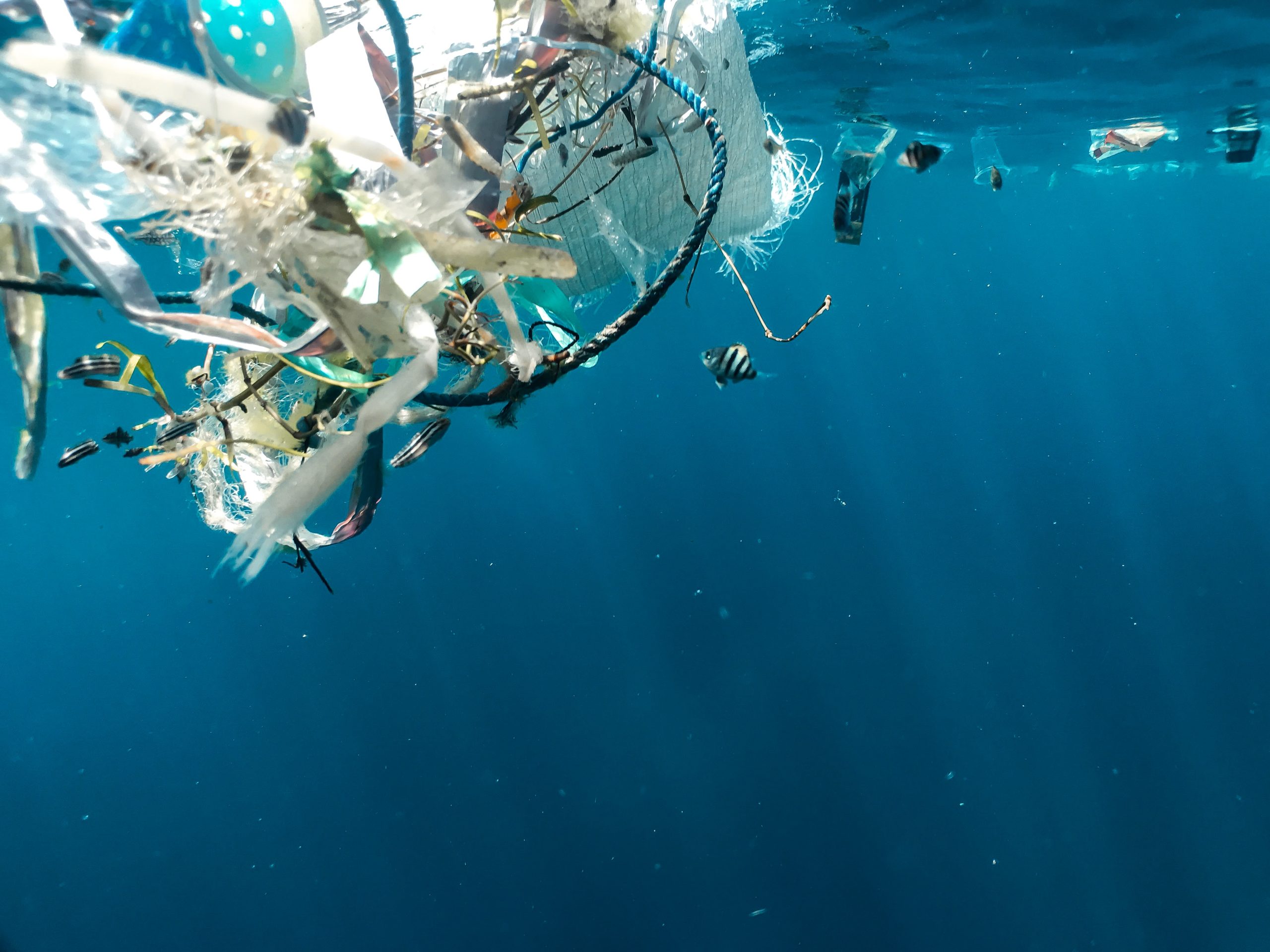Waste From Industrial Processes
There is an enormous amount of waste generated by industry, which contains hazardous chemicals and pollutants that pollute the air and harm both our environment and ourselves. Lead, mercury, sulphur, nitrates and asbestos are just some of the harmful chemicals found in them.
Many industries do not have proper waste management systems in place, which results in waste being drained into the freshwater, which then flows into canals, rivers, and eventually the sea.
By altering water’s colour, increasing the concentration of minerals (a process known as eutrophication), and altering its temperature, toxic chemicals endanger aquatic life.
Water And Sewage Treatment Plants
Each household’s sewage and wastewater is treated chemically before being dumped into the sea with freshwater. Pathogens, typical water pollutants, harmful bacteria, and chemicals can all be found in sewage water, and these contaminants can lead to disease.
Some of the most lethal diseases are caused by water-borne microorganisms, which serve as breeding places for creatures which act as carriers. A person is infected with these diseases when they come into contact with these carriers. Malaria, for instance, is a good example.
Activities Related To Mining
In mining, rocks are crushed and underground minerals such as coal and other valuable substances are removed. Toxic substances can be found in these elements when they are extracted in their raw form, which can cause health issues when they are mixed with water. Metal waste and sulphide sludge from mining activities pollute the water supply, which is a problem.
Dumps For Marine Life
Paper, plastics, aluminium cans, rubber, and glass are some of the household waste that is collected as well as dumped into the ocean in some countries around the world. It can take up to 200 years for these items to decompose.
When these items end up in the ocean, they not only pollute the water but also endanger the aquatic life.
Leakage Of Oil Into The Environment
When a huge amount of oil spills into in the ocean and does not dissolve, it poses a serious threat to marine life. Fish, birds, & sea otters, as well as other marine life, are adversely affected.
If a ship carrying a huge amount of oil is involved in an accident, it could spill oil. Depending on the quantity of oil spilled, the toxic effects of pollutants, or the size of the ocean, such an oil spill could cause differing damage to ocean species.

Fossil Fuels Are Burned
When coal and oil are burned, they release a significant amount of ash into the air. Acid rain is created when water vapour mixes with particulate matter that contains toxic chemicals. Additionally, the release of carbon dioxide carbon dioxide into the atmosphere, contributing to global warming.
Pesticides And Synthetic Fertilisers
Farmers use chemical pesticides and fertilisers to keep insects and bacteria away from their crops. They aid in the development of the plant. Plants and animals can be poisoned whenever these chemicals have become mixed with water.
As a result of this pollution, aquatic animals are at risk because rainwater carries the chemicals down into rivers, where they pose a serious threat.
The Failure Of Sewer Pipes
The underground water can be contaminated by a small leak in the sewer lines, making it unfit for human consumption. Leaking water can also be a breeding place for insects as well as mosquitoes if it isn’t repaired in a timely manner.
Climate Change
The greenhouse effect kicks in when the earth’s temperature rises, resulting in an increase in global warming. It raises the temperature of the water and kills marine life and aquatic animals, resulting in pollution of the water.
The Disposal Of Radioactive Materials
Nuclear fission and fusion are two methods of generating nuclear energy. Uranium, a highly toxic chemical, is used in production of nuclear energy.
To avoid a nuclear disaster, it is necessary to properly dispose of radioactive waste. If nuclear waste isn’t properly disposed of, it poses a serious threat to the environment. In both Russia and Japan, only a few major incidents have occurred.
Development Of The City As A Whole
The demand for housing, food, & clothing has increased exponentially as the population has grown. As the number of cities and towns grows, so does the need for more fertilisers to feed the growing population, as well as increased deforestation-related soil erosion, an increase in building projects, inadequate sewage treatment and recycling, landfills overflowing with waste, and an increase in industrial chemicals used to make new materials.
Leakage From Landfill
To put it simply, a landfill is nothing more than a giant pile of trash that emits a foul odour as seen from all over the city. It is possible for landfills to leak when it rains, resulting in contamination of the groundwater with a wide range of contaminants.

